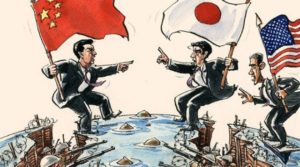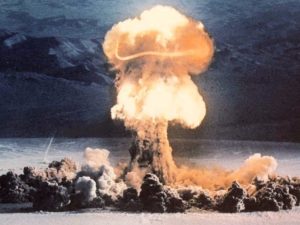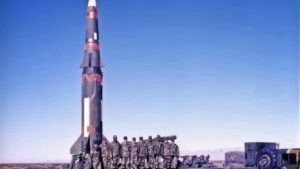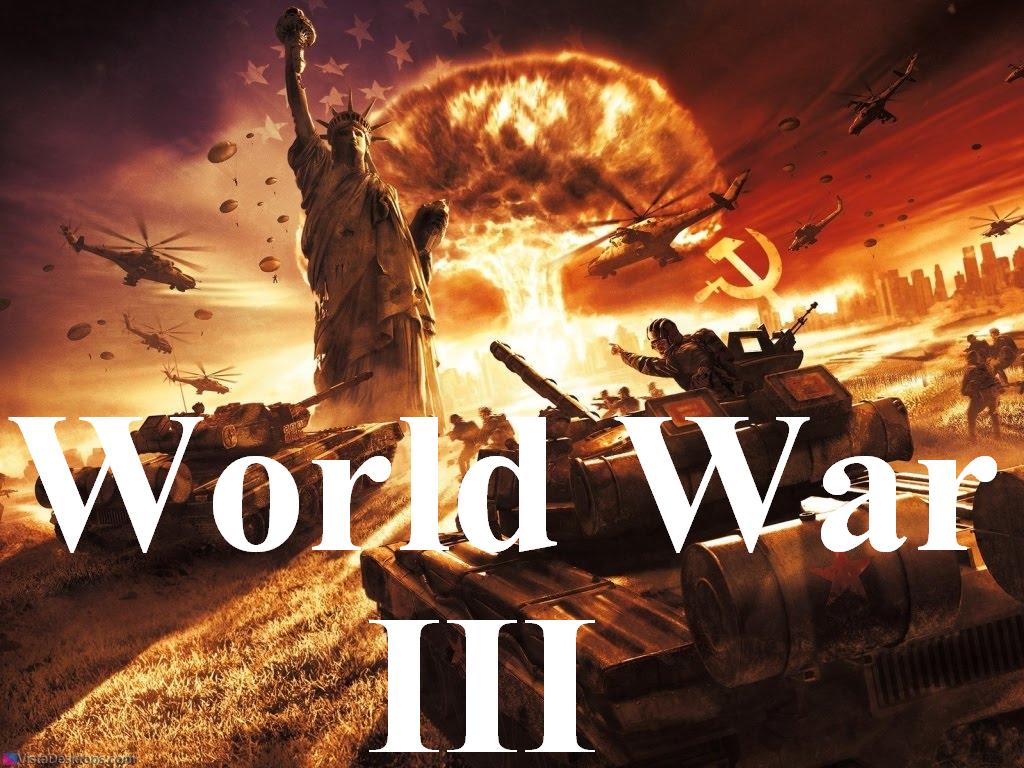CTBT (Comprehensive Nuclear Ban Test Treaty) has come up in 1996 to ban nuclear testing and control the nuclear war race. But, it was not effective due to cold war politics between the major powers of the world.
In 1963 there was a partial treaty to ban underwater and atmospheric testing. But it could only end underwater testing.
By 1991 USSR has broken and Russia was formed. World politics have changed completely and that was the end of the cold war.
Russia has started testing in its principle testing site at Semipalatinsk Test Site consequently U.S.A has also started testing. By 1992 U.S.A and Russia have conducted 1054 and 715 nuclear tests respectively.
Controversy to the above situation, France and China has also started tests, claiming that they have so far conducted fewer tests.

France and U.S.A were not much concerned about CTBT and said that it has permitted low threshold testing.
CTBT prohibits “any nuclear weapon test explosion or any other nuclear explosion”. According to article 14 of the treaty, it aims entry into force of the country. This was a major controversy.
In 1996 India proposed that it would not adhere to CTBT because of its disarmament policy. On India’s take the U.S.A, China, Pakistan was unhappy and revised the policies of CTBT. According to the new policy, it listed 44 countries whose official sign and implementation were required. Out of 44 countries, only 36 countries have signed and implemented officially. The remaining 8 countries were
- China
- U.S.A
- Israel
- Egypt
- Iran
- India
- Pakistan
- North Korea
The first 5 countries have signed the treaty and not ratified. China said that it will ratify only after the U.S.A does so. The next 3 countries have neither signed nor ratified and even conducted nuclear tests in consecutive years.
Nevertheless, an international organization was set up with staff and an annual budget of $130 million. The U.S. was the major contributor to the budget.

The key change with the treaty was, the U.S.A’s monopolistic character was down and was back in the competition with major powers. Thus, U.S.A saw Russia and China as rivalries (unfriendly). Because China and Russia were good in nuclear powers, the nuclear posture review said U.S.A may face the nuclear threat. So, U.S.A planned to expand its nuclear power.
The above information is completely past (History). We are dealing with both past and future because it will be easy and reasonable to understand the future with knowledge of the past.
- The U.S.A has started a 30-year modernization plan with a $1.2 trillion budget under the Donald Trump administration. The budget also includes reforming the Nevada test site (U.S.A nuclear test site).
- China and Russia are concerned about the U.S.A growth in technology and arsenals. China has also started a modernization program which is considerably less to the U.S.A.
- U.S.A claims that high-level nuclear test activities are being conducted at Lup nur test site (China) and Semipalatinsk Test Site (Russia).
- The New Strategic Arms Reduction Treaty (New START) limits U.S. and Russian arsenals but will expire in 2021 and U.S. President Donald Trump has already indicated that he does not plan to extend it. Instead, the Trump administration would like to bring China into some kind of nuclear arms control.

- Both China and Russia have dismissed the U.S.A’s allegations. Tensions with China are already high with trade and technological disputes with the new COVID-19 pandemic. Trump blames China for the pandemic. The blame or involvement of one country in other arsenal matters may cause war.
Conclusion:
We have discussed the past and present but the future has to be predicted. Prediction is a probability. So there may or may not be a nuclear war. The above explanation gives you the relation between countries which can be used to understand their capabilities, further steps which could be taken.
-SHIVA SAI BANADRI
Vocabulary:
arsenal- a collection of weapons and military equipment.
ratification- the action of signing or giving formal consent to a treaty, contract, or agreement, making it officially valid.



